As part of BU’s Online Public Lecture Series, Dr Kate Terkanian and Dr Kate Murphy from the Faculty of Media and Communication shared stories uncovered by their research into women in the BBC from the 1920s up to the 1950s. Dr Terkanian shares her experience of presenting ‘Pioneering Women in the BBC’ on Thursday 23 March 2023.
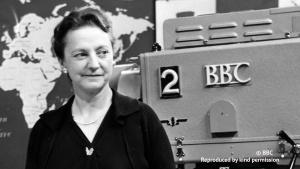
On a blustery evening, my colleague, Kate Murphy, and I jointly presented a public lecture on our research on women at the British Broadcasting Corporation. The two of us, along with our colleague Kristin Skoog, research on women within the media organisation from its inception up to the immediate post-war era. While Kristin was unable to participate on the day, her research was very much present. Kate Murphy has focussed on the early BBC in the interwar years, and Kristin on the immediate post-war era. My research has looked at the Corporation, as BBC researchers often call the organisation, during the second world war with a strong emphasis on changing internal structures. What brings our research together is our examination of how women have contributed to the success of the BBC.
As our research is linked, Kate Murphy and I have often discussed ways to present our respective research to a wider audience. We are all active in research networks and have presented on panels at conferences, however the opportunity to highlight our research to a general audience was appealing. While Kate is more familiar with the process through her experience as a producer for Woman’s Hour and the promotion of her book Behind the Wireless: A History of Early Women at the BBC, this was the first real opportunity that I had addressing the public.
When you work as an academic, the thing you love about your research is sharing what you have discovered with others; this includes your colleagues at conferences, your students, your family and friends, really anyone who will listen. While the tone of your delivery might change depending on your audience, the content rarely differs. What I hope to convey, and prepare for any audience I might face, is the sense of another world, and the people that inhabit it, that is revealed through my research. There is always the aspect of cross-checking and verifying the facts you have stored in your head, but the ideas and stories flow from your understanding and the connections you make between your research and that of others.
While the weather was far from ideal, overall, the experience was enjoyable. Adam and Emma provided wonderful support and things went well despite my computer crashing a minute before airtime. There was a good crowd and some thoughtful questions from the audience. As the lecture was online and accessible to anyone with a computer connection, I was able to invite friends and family all over the world to attend. I was gratified to see that many of them in the virtual audience. While online lectures can sometimes seem like you are talking to an empty room, knowing that so many friendly listeners, both known and unknown, were out there in the ether, made the session relaxing, and dare I say, fun.
You can watch a recording of this public lecture via YouTube
 The New Forest is a beautiful and diverse landscape that has been around for centuries. It is home to ancient woodlands, heathlands, wetlands, and a traditional way of life. But it is also under threat from climate change and other factors that are killing its trees.
The New Forest is a beautiful and diverse landscape that has been around for centuries. It is home to ancient woodlands, heathlands, wetlands, and a traditional way of life. But it is also under threat from climate change and other factors that are killing its trees. 


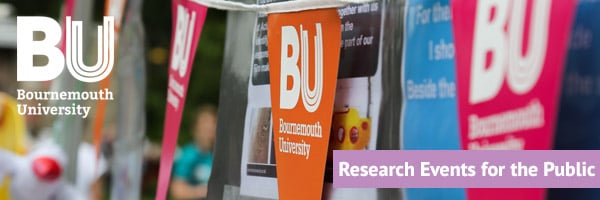

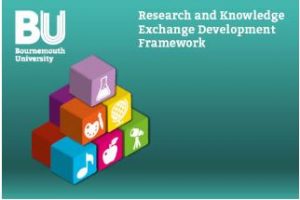
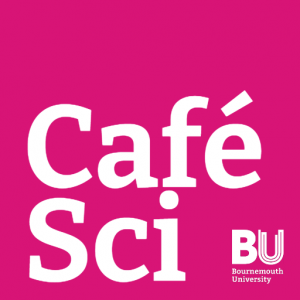
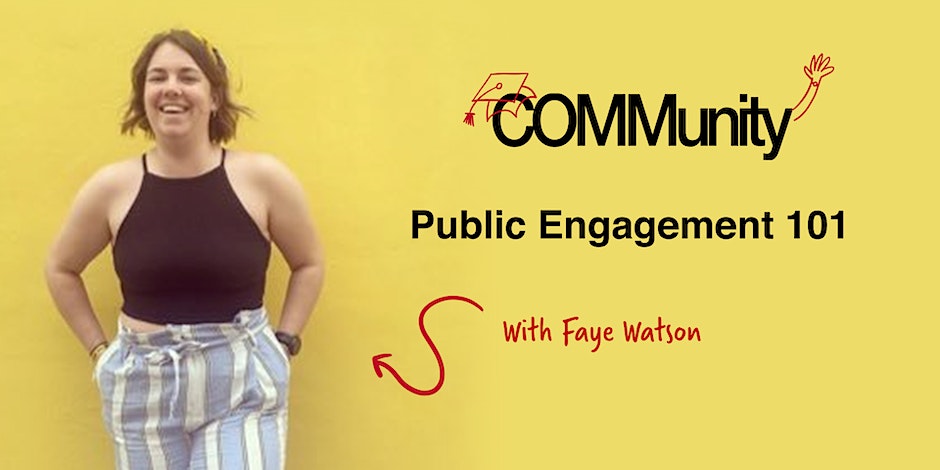
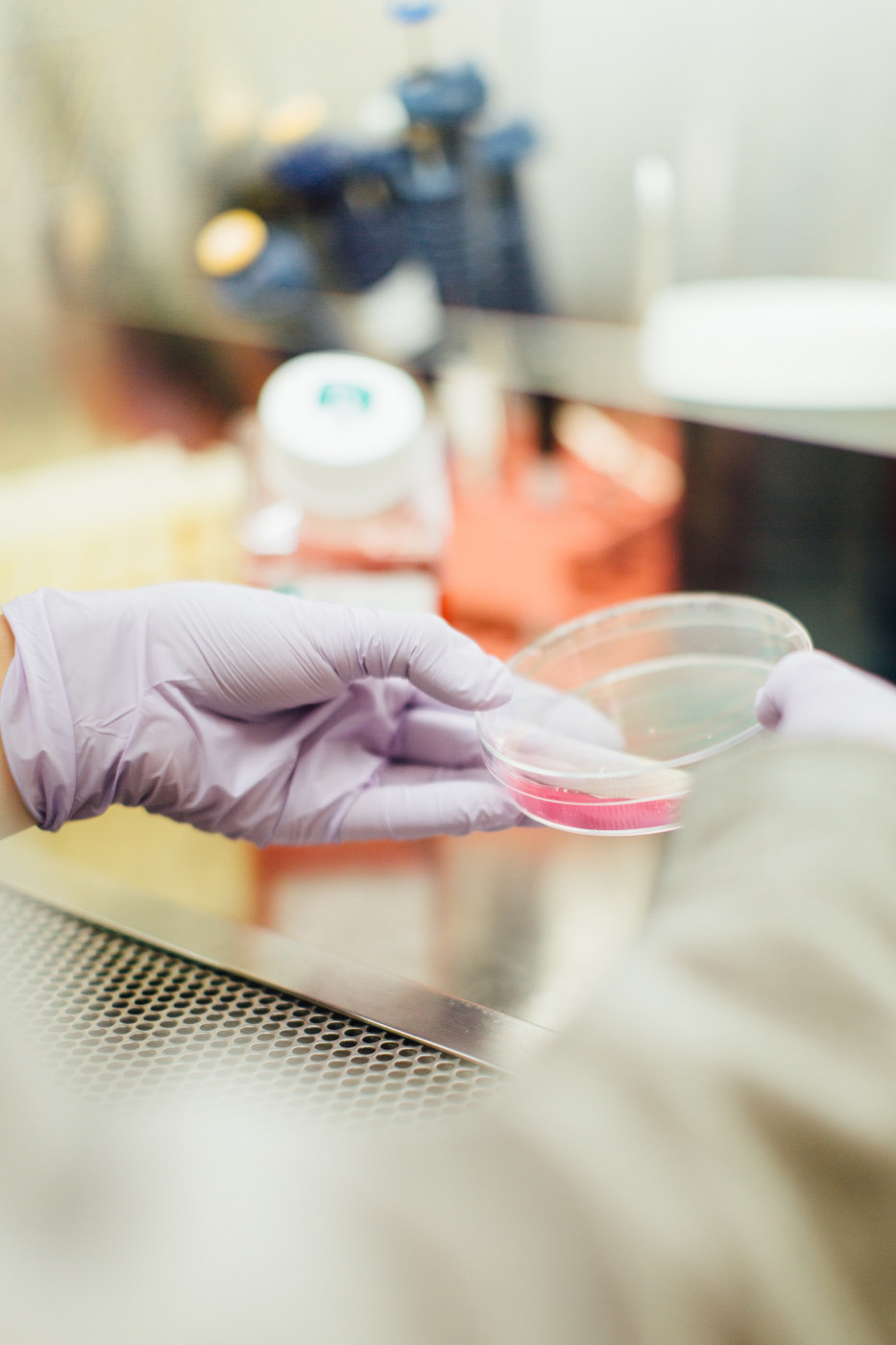

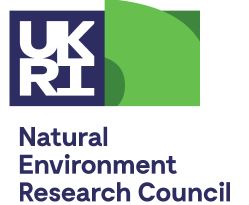

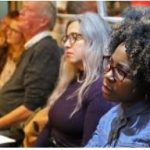
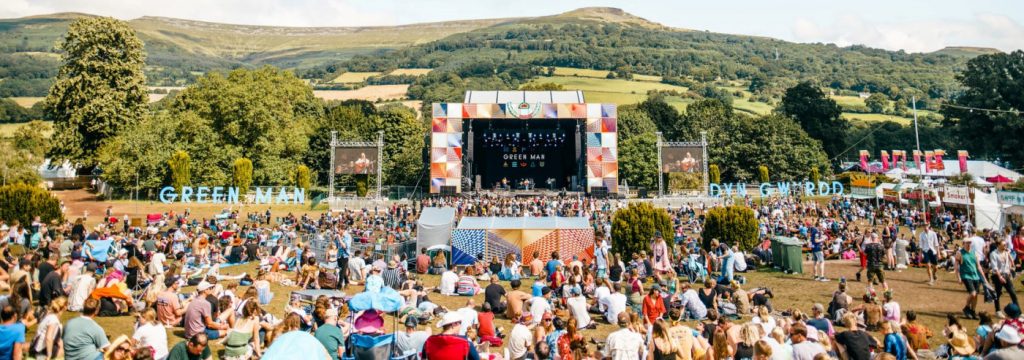
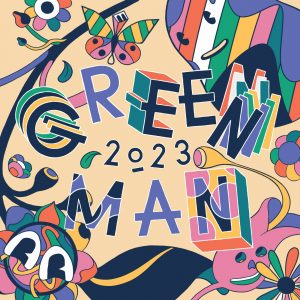 Every year the Green Man Festival curate a line up which fuses performance, art, music and research to bring the world around us and our questions about it to life in the most wonderful ways.
Every year the Green Man Festival curate a line up which fuses performance, art, music and research to bring the world around us and our questions about it to life in the most wonderful ways.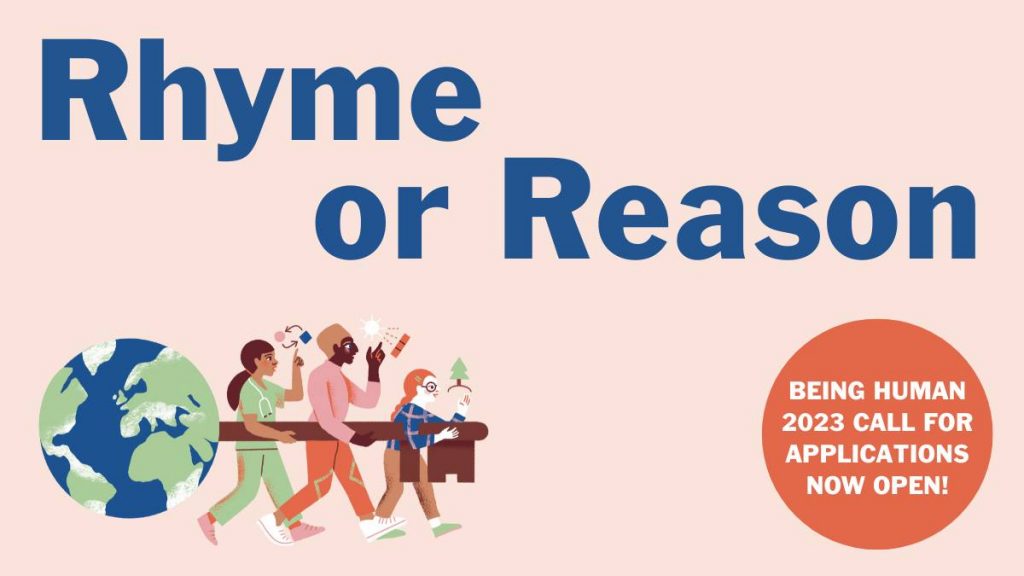
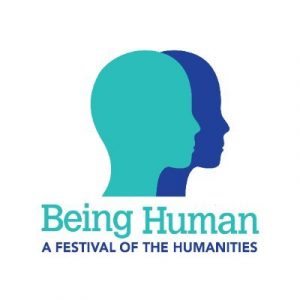 Pathways
Pathways  Join us to discover the latest advances in neuroscience and the possibility of creating machines that can read human minds.
Join us to discover the latest advances in neuroscience and the possibility of creating machines that can read human minds. 










 Dr. Ashraf cited on ‘Modest Fashion’ in The Guardian
Dr. Ashraf cited on ‘Modest Fashion’ in The Guardian NIHR-funded research launches website
NIHR-funded research launches website Academics write for newspaper in Nepal
Academics write for newspaper in Nepal New paper published on disability in women & girls
New paper published on disability in women & girls MSCA Postdoctoral Fellowships 2025 Call
MSCA Postdoctoral Fellowships 2025 Call ERC Advanced Grant 2025 Webinar
ERC Advanced Grant 2025 Webinar Horizon Europe Work Programme 2025 Published
Horizon Europe Work Programme 2025 Published Horizon Europe 2025 Work Programme pre-Published
Horizon Europe 2025 Work Programme pre-Published Update on UKRO services
Update on UKRO services European research project exploring use of ‘virtual twins’ to better manage metabolic associated fatty liver disease
European research project exploring use of ‘virtual twins’ to better manage metabolic associated fatty liver disease